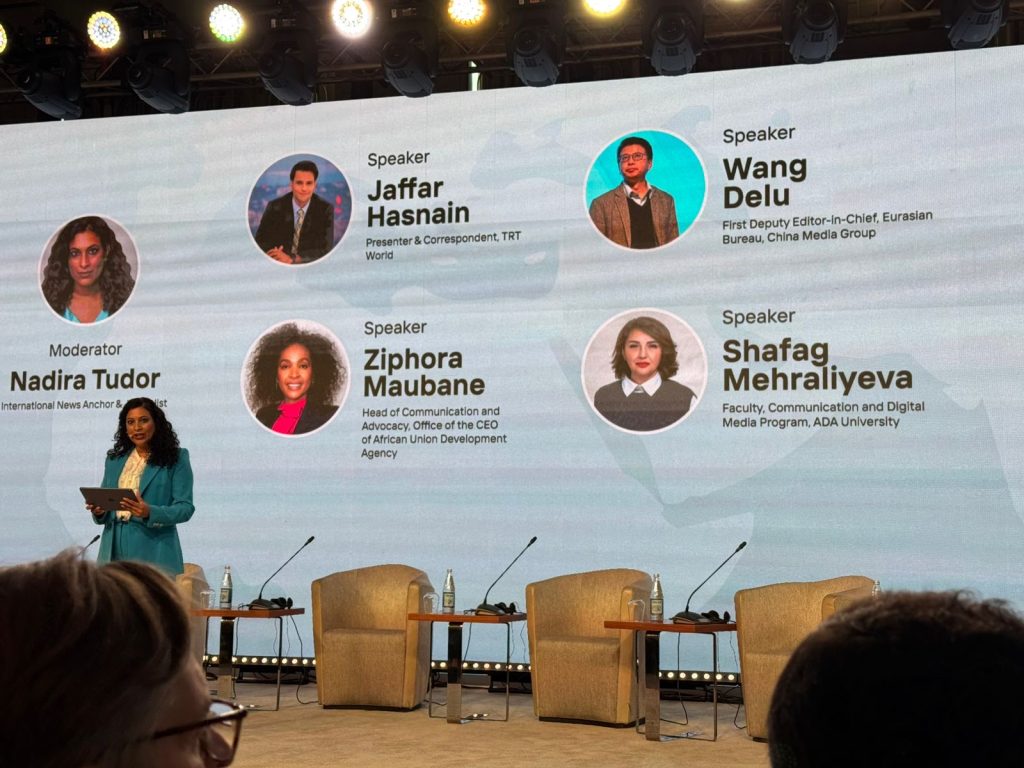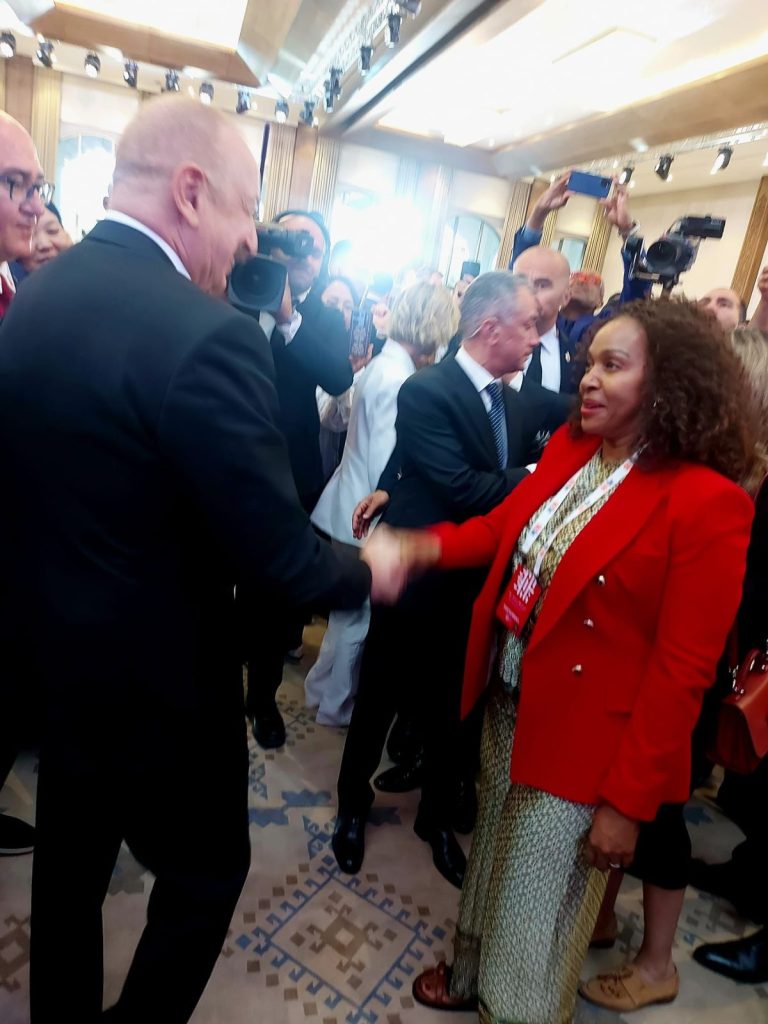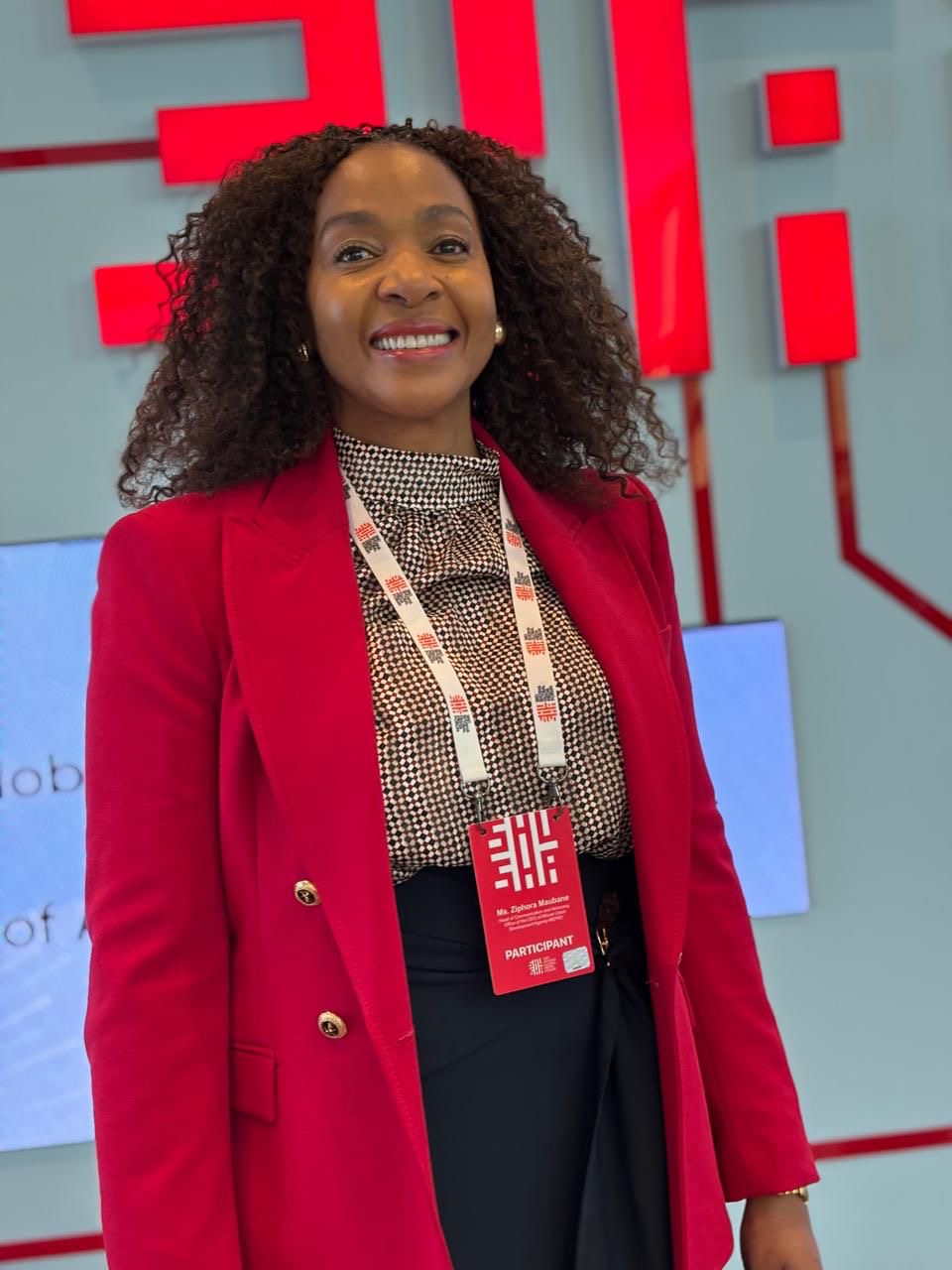My journey to Azerbaijan began in 2025 when I first set foot in Baku to attend COP29. Prior to that visit, the closest I had been to this fascinating nation was during business trips to Istanbul, Turkey. Little did I know that this initial encounter would spark a deep curiosity about Azerbaijan that would eventually lead me to the historic city of Shusha for the 3rd Shusha Global Media Forum.
First Impressions: The COP29 Experience
While my 2025 visit to Baku was brief and didn’t allow for extensive exploration of the city or country, I was profoundly impressed by Azerbaijan’s capability to host a UN conference of such magnitude. Witnessing the seamless organization of an event that welcomed 55,000 participants from around the world was nothing short of remarkable. The government’s meticulous planning and the city’s infrastructure demonstrated a level of sophistication that compelled me to delve deeper into understanding this nation’s story.
Shusha: Where History Meets Modernity
Returning to Azerbaijan for the Shusha Global Media Forum provided the perfect opportunity to immerse myself in the country’s rich history and vibrant culture. From the moment I arrived, it was evident that this was no ordinary media conference. The technological setup was excellent, the logistics flawless, and every detail had been carefully orchestrated to ensure participants could engage meaningfully with global media issues while experiencing the cultural treasures of Azerbaijan.
The forum’s organization was particularly impressive in how it balanced professional discourse with cultural immersion. Participants had numerous opportunities to engage with pressing global media challenges while simultaneously exploring areas of historical significance throughout Shusha. The cultural entertainment and discussions with high-level senior government officials, who extended exceptionally warm welcomes to all participants, created an atmosphere of genuine hospitality that enhanced the entire experience.
This approach represents excellence in country branding at its finest. Many countries wishing to be understood at a deeper level could take a page from Azerbaijan’s playbook. Rather than simply hosting a media forum, Azerbaijan created an immersive experience that allowed international participants to genuinely connect with the nation’s story, values, and aspirations. This strategic approach to cultural diplomacy demonstrates how effective country branding goes beyond marketing — it creates authentic understanding and lasting impressions.

A Symbol of Resilience and Renewal
What struck me most profoundly about Shusha was its powerful symbolism as a living testament to national resilience. This city stands as a remarkable example of how a nation can rise from occupation, rebuild comprehensively, and reclaim its heritage through unwavering determination, unity, and visionary leadership. This narrative resonates deeply with many African nations that have undertaken — and continue to pursue — similar journeys toward peace, recovery, and reclaimed sovereignty.
The revival of Shusha’s cultural landmarks — its mosques, churches, musical traditions, and monuments — represents far more than mere reconstruction. It embodies the resurrection of identity itself. As an African observer, I recognized this principle intimately, knowing that reclaiming culture is fundamental to healing and establishing true sovereignty. This understanding aligns perfectly with the African Union’s 2025 theme: “Justice for Africans and People of African Descent Through Reparations,” which has recently been extended to a decade-long focus from 2026 to 2036. This continental commitment recognizes the injustices of the past and seeks to correct them in ways that build harmony among nations.
Lessons in Women’s Empowerment
One aspect of my Shusha experience that proved particularly inspiring was witnessing the advanced principles of women’s empowerment in action. The empowerment of women remains a critical lever of development in Africa, anchored firmly in the African Union’s comprehensive strategy for gender equality and women empowerment (GEWE). The AU envisions an Africa where development is people-driven, relying on the full potential of women. Observing these principles so effectively implemented in Shusha provided valuable insights and inspiration for our own continental journey toward gender equality.
Media Literacy and Information Security
Our panel discussions centred on media literacy and its crucial role in information security. There was broad consensus that ensuring accurate information dissemination cannot be the responsibility of media alone, but requires coordinated efforts from governments and the private sector, particularly online social media platforms where misinformation spreads faster than accurate information. These discussions highlighted the universal challenges facing media professionals and the need for collaborative solutions across all sectors.

Presidential Leadership: A Model of Engagement
I was particularly impressed by President Ilham Aliyev’s engagement with the media during the forum. His approach was refreshingly open and frank — no question was off-limits, and his transparency in addressing all inquiries demonstrated exceptional leadership. However, his influence extends far beyond media engagement to encompass the broader narrative of Azerbaijan’s development.
What impressed me most is President Aliyev’s personal, hands-on approach to rebuilding Karabakh — not just physically, but emotionally and strategically. His commitment demonstrates what visionary, dedicated leadership can achieve when combined with clear national direction. This serves as a powerful reminder to all our nations that meaningful development begins with strong, purposeful leadership that maintains both vision and practical engagement with the challenges at hand.
Reflections on Progress and Development
The forum painted an impressive picture of how Azerbaijan has evolved and progressed, showcasing a remarkable development record that speaks to the nation’s resilience and forward-thinking approach. The seamless integration of technological advancement with cultural preservation, the commitment to rebuilding not just infrastructure but identity, and the open engagement with global media challenges all contributed to a comprehensive understanding of a nation confidently moving forward while honoring its past.
The entire Shusha Global Media Forum experience stands as a masterclass in strategic country branding. Azerbaijan demonstrated that effective nation branding isn’t about superficial messaging or flashy presentations — it’s about creating authentic opportunities for the world to experience and understand your country’s true character. This thoughtful approach to international engagement offers valuable lessons for any nation seeking to enhance its global reputation and foster deeper international understanding.
Conclusion: Lessons for Africa and Beyond
My experience at the 3rd Shusha Global Media Forum reinforced the universal principles that drive successful national development: visionary leadership, cultural reclamation, inclusive progress, and the courage to engage openly with both opportunities and challenges. As African nations continue their own journeys of development and recovery, Azerbaijan’s example — particularly as demonstrated in Shusha — offers valuable insights into how determination, unity, and strategic vision can transform challenges into triumphs.
The forum succeeded not only in addressing critical global media issues but also in demonstrating how a nation can honor its heritage while embracing its future. For those of us committed to Africa’s continued development and empowerment, Shusha stands as both inspiration and practical example of what is possible when vision meets determination.
***
Zipporah Maubane is the Head of Communications and Advocacy at the African Union Development Agency – NEPAD

